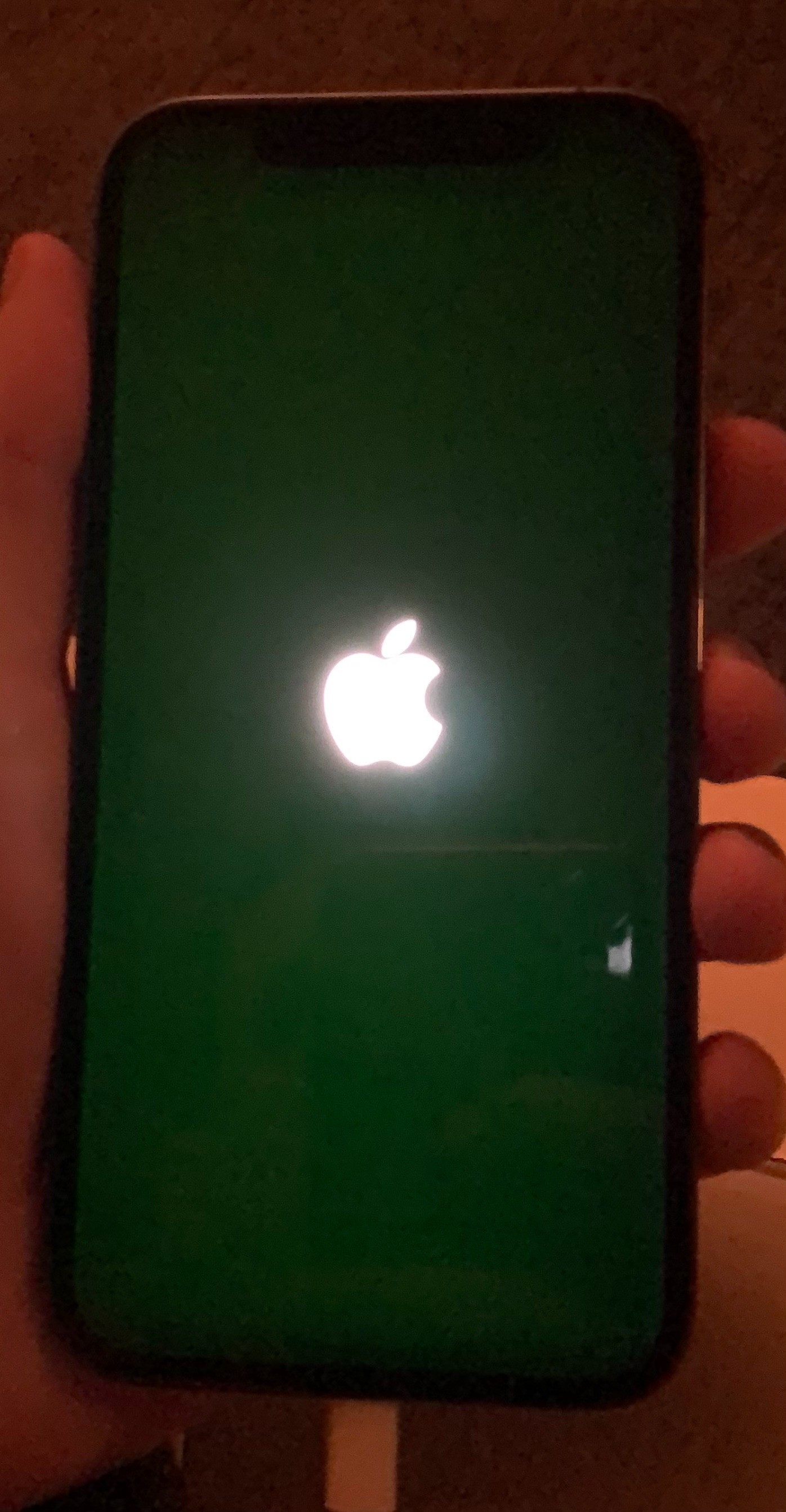Use Software Update to find and install updates for macOS, built-in apps like Safari, and apps downloaded from the App Store. Use Software Update Choose System Preferences from the Apple menu, then click Software Update to check for updates. Testing conducted by Apple in October 2019 using preproduction 2.3GHz 8‑core Intel Core i9–based 16‑inch MacBook Pro systems with 16GB of RAM and a 1TB SSD. The wireless web test measures battery life by wirelessly browsing 25 popular websites with display brightness set to 12 clicks from the bottom or 75 per cent. We would like to show you a description here but the site won’t allow us.
Use Software Update


- Choose System Preferences from the Apple menu , then click Software Update to check for updates.
- If any updates are available, click the Update Now button to install them. Or click “More info” to see details about each update and select specific updates to install. You might be asked to enter your administrator password.
- When Software Update says that your Mac is up to date, the installed version of macOS and all of its apps are also up to date. That includes Safari, Music, Photos, Books, Messages, Mail, Calendar, and FaceTime.
- To automatically install future updates, including for apps that you got from the App Store, select “Automatically keep my Mac up to date.” Your Mac will notify you when updates require it to restart, so you can always choose to install those later.
Update the software on your iPhone, iPad, or iPod touch
Learn how to update your iPhone, iPad, or iPod touch to the latest version of iOS or iPadOS.
Learn more
Apple Macbook Software Update Stuck
- Learn how to get updates for earlier versions of macOS that don't include Software Update preferences.
- You can also use the App Store to update apps or redownload apps that came from the App Store.
- Learn which macOS your Mac is using and how to upgrade to the latest macOS.
- When your Mac is connected to a Personal Hotspot, large updates don't download automatically.
